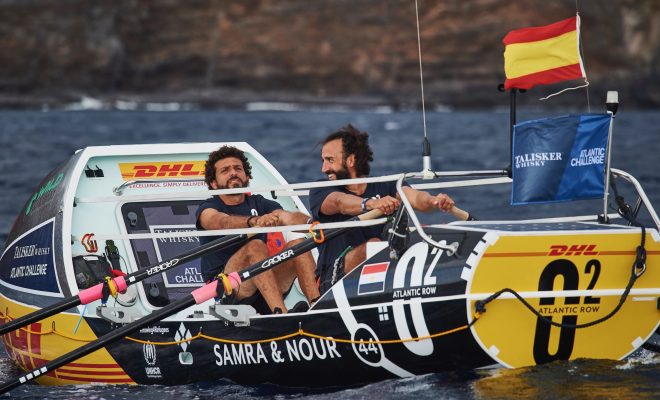
Interviews
Beyond Boundaries; A Journey of Discovery with Omar Samra
Egypt’s Trailblazing Explorer – Omar Samra
In a world where adventure beckons the brave and resilience are tested on the highest peaks, few stories stand out as vividly as that of Omar Samra. From engineering to becoming the first Egyptian and youngest Arab to conquer the Seven Summits and the Explorers Grand Slam, Samra’s journey is a testament to the indomitable human spirit and the transformative power of exploration.
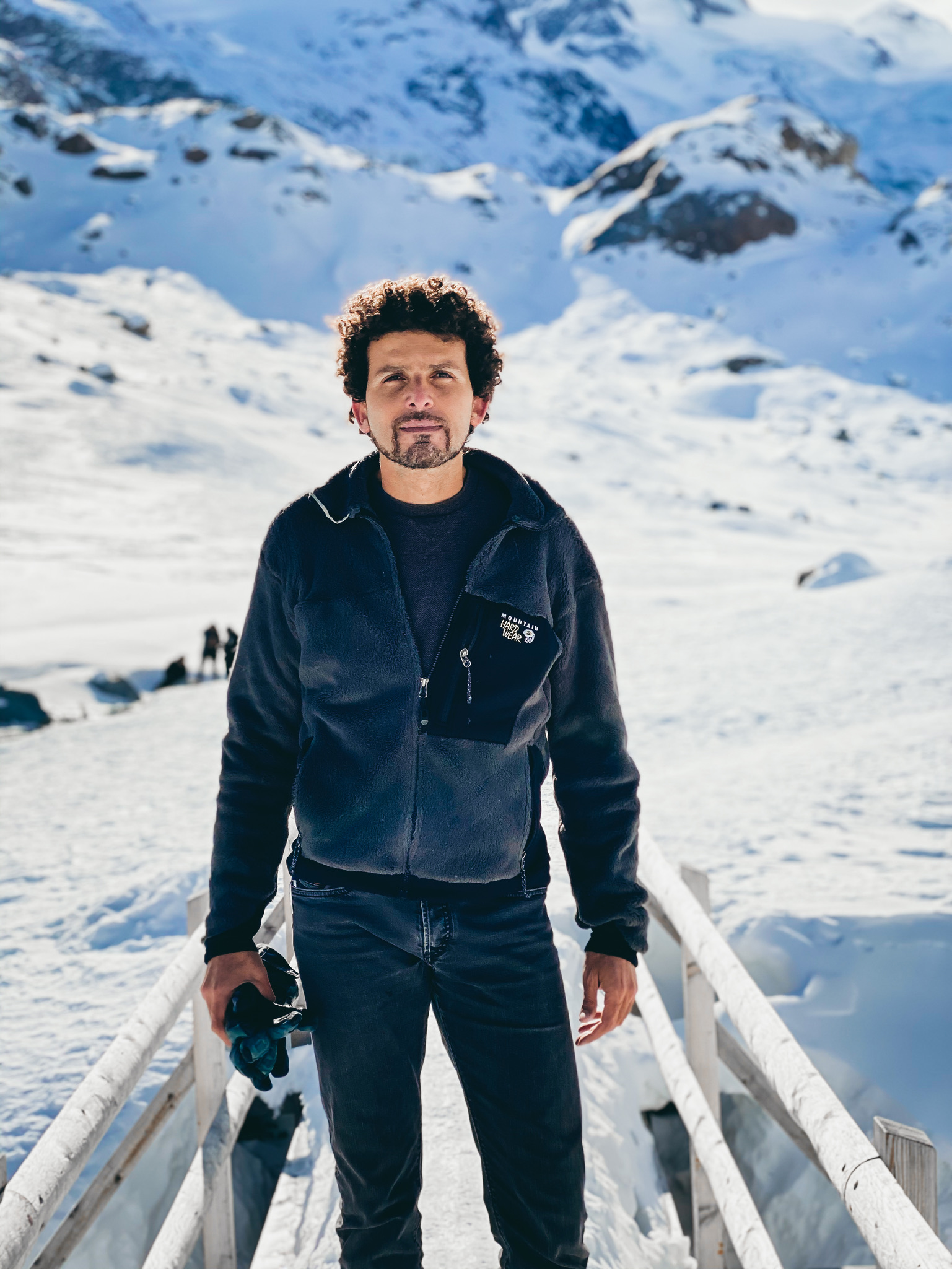
Born on August 11, 1978, Omar Samra, a British-born Egyptian adventurer, entrepreneur, and speaker, stands as an epitome of audacious pursuits, breaking barriers, and delving into the uncharted territories of both physical and spiritual landscapes.
In this exclusive interview, we delve into the mind and experiences of Omar Samra, exploring the transformative power of solo travel, the profound spiritual connections forged amidst challenging environments, and the meticulous philosophy behind risk management in both expeditions and everyday life. Through his insights, we uncover the deeper layers of an adventurer who not only conquers physical summits but navigates the intricate landscapes of the human spirit.
Your journey from an engineer to the first Egyptian and youngest Arab to complete the Seven Summits and the Explorers Grand Slam is truly inspiring. Can you share a pivotal moment or experience that fueled your passion for exploration and adventure?
It came very early in life when I was 15 years old. I had the opportunity to climb my first mountain, it was in Switzerland, my first encounter with snow. It all happened very fortuitously and I found myself climbing this mountain. I was quite fit at the time. Overcoming childhood asthma at 11 set the stage for this moment. Reaching the summit, the beauty, peace, and personal challenge captivated me. Climbing the mountain is not only challenging in circumstances, but it also challenges your weakness of the body and mind, which stuck with me. Discovering a climber’s logbook, I inscribed my name beside Egypt, an act that became a formative experience, a source of profound pride.
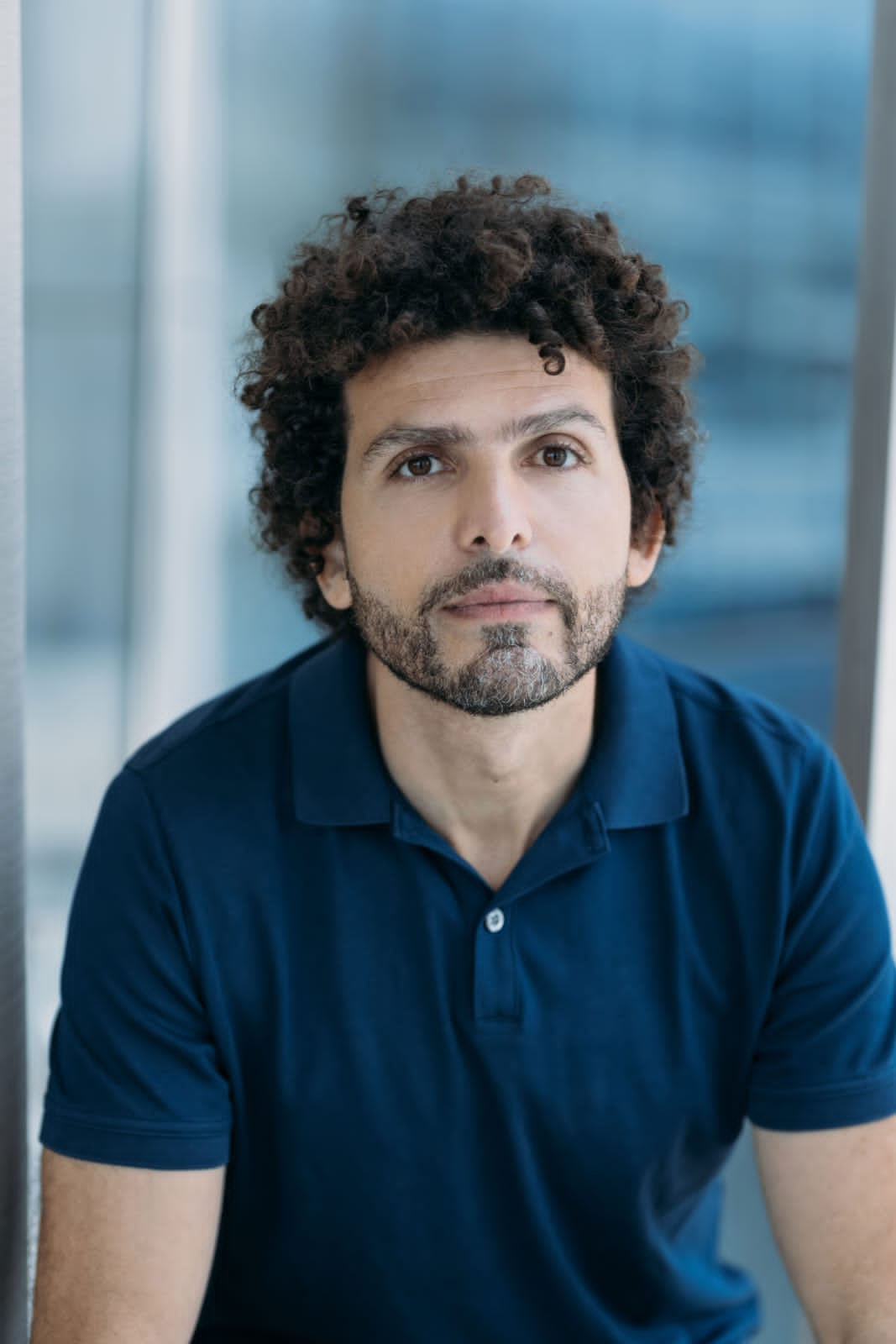
Many people find the idea of solo travel daunting. You’ve embarked on numerous solo adventures, including climbing Mount Everest. How has solo travel shaped your personal growth and resilience, and what advice do you have for those hesitant to embark on solo journeys?
Solo travel, though daunting, offers unparalleled introspection. I think it’s because we as human beings love community and being around others, being alone also has some introspective. It brings you more into your feelings, in touch with your emotions and it allows you to face your emotions. My solo climb of South America’s highest peak marked a turning point. The heightened stakes demand self-reliance. I’d also like to reflect on the most formative experience in my life which was when I did my one-year trip across Asia and Latin America by myself at the age of 23. I have to rely on myself, navigate, and depend on myself. My advice: plunge in, plan meticulously, and embrace the unfolding journey, recognizing the growth inherent in the challenge.
Solo travel often involves moments of solitude. How do you embrace and derive strength from being alone in remote or challenging environments, and how has this solitude contributed to your self-discovery?
Being introverted, solitude presents minimal challenges. It’s in social situations that I find more difficult. Yet, my connection with nature through solo experiences has significantly contributed to my self-discovery, offering insights that have become integral to my personal and professional journey.
Your participation in talks and events, such as the Narrative Summit, has allowed you to share your story. How do you tailor your narrative to resonate with diverse audiences, and what impact do you hope your story has on those who hear it?
I was extremely fortunate to be part of the Narrative Summit and the great group of people coming together to talk about the story of Egypt worldwide. The Narrative Summit was an opportunity to shift the focus to actionable insights. My talk delved into the “invisible burden” of eco-tourism, grounded in 14 years of experience. It aimed to be pragmatic, laying out facts, fostering understanding, and creating space for dialogue. The goal is not just inspiration but tangible positive change.
Your adventures go beyond physical boundaries. How do you approach breaking mental and societal boundaries, both in your personal life and in the narratives, you share with others?
While my challenges may seem physical, they are equally mental. Living in harsh environments presents various mental hurdles. Overcoming self-doubt and societal norms, especially starting as an Egyptian climber, requires resilience. Your dreams may not make immediate sense to everyone, but they may add unforeseen value to society.
Starting as an Egyptian climbing mountain in the snow, I got hit by notions of what’s the use of what you’re doing, in an attempt to convince myself of thinking it had no value which made the task much harder. In some ways, what you do, doesn’t have to make sense to everyone. Your dreams might be indeed adding value to society without convincing people of it. The beauty of my journey was not planned, it was ignited by my passion and now I have a platform that seeks to inspire others as well.
Travel often brings exposure to different cultures. Can you share an experience where interacting with a new culture significantly shifted your perspective or challenged your preconceptions?
Having traveled to around 80 countries, or more, hadn’t I been to some many times, cultural contrasts are inherent in the learning experience. One vivid memory is walking through jungles with indigenous tribes during the ascent of the Carstens Pyramid. The barefoot tribes, deeply connected to nature, inspired the establishment of my company, emphasizing the importance of nature in feeling grounded.
Adventure inherently involves risk. How do you approach assessing and mitigating risks in your expeditions, and how does this philosophy translate to decision-making in your everyday life?
Risk assessment is a meticulous process. I believe in laying out facts truthfully and avoiding sugar-coating. The “what if?” game is crucial, exploring all possibilities. Knowing your team is fundamental. Drawing from experiences like the Atlantic Ocean crossing in the Netflix documentary “Beyond the Raging Sea” with my teammate Omar Nour, decisions made under pressure underscore the gravity of risk management.
Many travelers describe a spiritual connection to the places they visit. Have you experienced moments of profound spiritual connection during your journeys, and if so, how has it influenced your outlook on life?
Every venture has been a spiritual pursuit, an inner calling towards nature. Over the years, I’ve come to realize that nature is drawing me closer, providing peace, calm, and clarity. This spiritual connection has become a guiding force, influencing my outlook on life and shaping my decisions.
The ability to adapt is crucial in both exploration and life. Can you share a situation where your mindset and adaptability were tested, and how did you navigate through it?
At 27, struggling to raise funds for an Everest expedition, I faced defeat. Understanding the need for a different approach, I reached out to Naguib Sawiris, altering my tactics. This experience taught me the value of adaptability and persistence. It emphasizes that, in the face of challenges, innovation and refusal to succumb are crucial for reaching one’s goals.




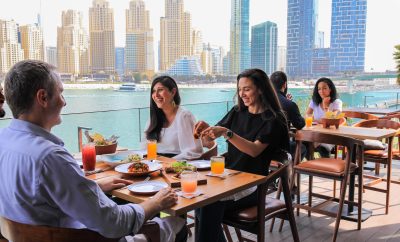
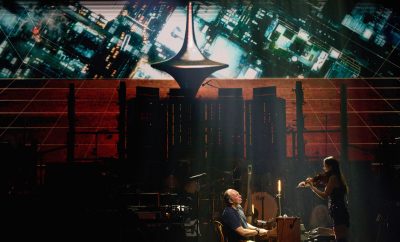
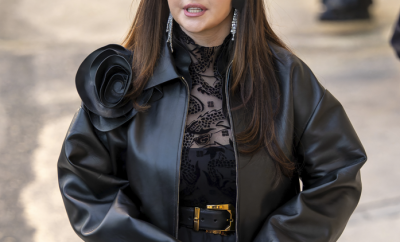






0 comments